
10/6/2021
4 Ways to Use Energy Wisely at Home
Electricity powers our lives, and as electricity is getting cleaner, there are many ways to help rural electricity consumers use energy wisely and efficiently so that energy isn’t wasted.
Check with your local electric cooperative or Public Power District (PPD) to see if they may be able to help you with more direct information and rebates to install electric energy-efficient equipment and cut your costs.
As we head into the winter months, it's important to remember that in your home, one of the largest sources of energy consumption is heating. Your heating and cooling system account for up to half of the typical utility bill throughout the year. Whether you use electricity, propane, or natural gas as an energy source, there are ways to conserve and reduce your power bills for heating, air conditioning, lighting, and water heating.
If you're looking to save money this season, here are some tips that will help keep your costs down.
Tips to Keep Energy Costs Down
1. Cooling and heating account for a whopping 47% of energy use in the typical home. Installing a smart thermostat is a good way to reduce cooling and heating costs. You can also investigate other energy-efficient ways to heat your home.
Energy costs vary - even in similar-sized homes, cooling and heating costs can differ greatly so it can be tricky to compare your costs with your neighbors’. Costs vary by the number of people in the home, the amount and type of attic and wall insulation, the number and quality of windows, a programmable thermostat, and the list goes on.
Finding a comfortable temperature for everyone in your home can be challenging but can be essential to cutting your heating and cooling costs. Installing a smart thermostat to help regulate the temperature automatically will help. Some smart thermostat systems also use smart features like a motion sensor to determine if you're home or away and automatically change the temperature – for both heating and cooling.
According to the EPA, when used correctly, programmable thermostats are known to save homeowners 10-30% on their heating and cooling bills. If your budget doesn’t allow for installing a new thermostat, you can raise and lower your thermostat manually for nighttime and daytime temps.
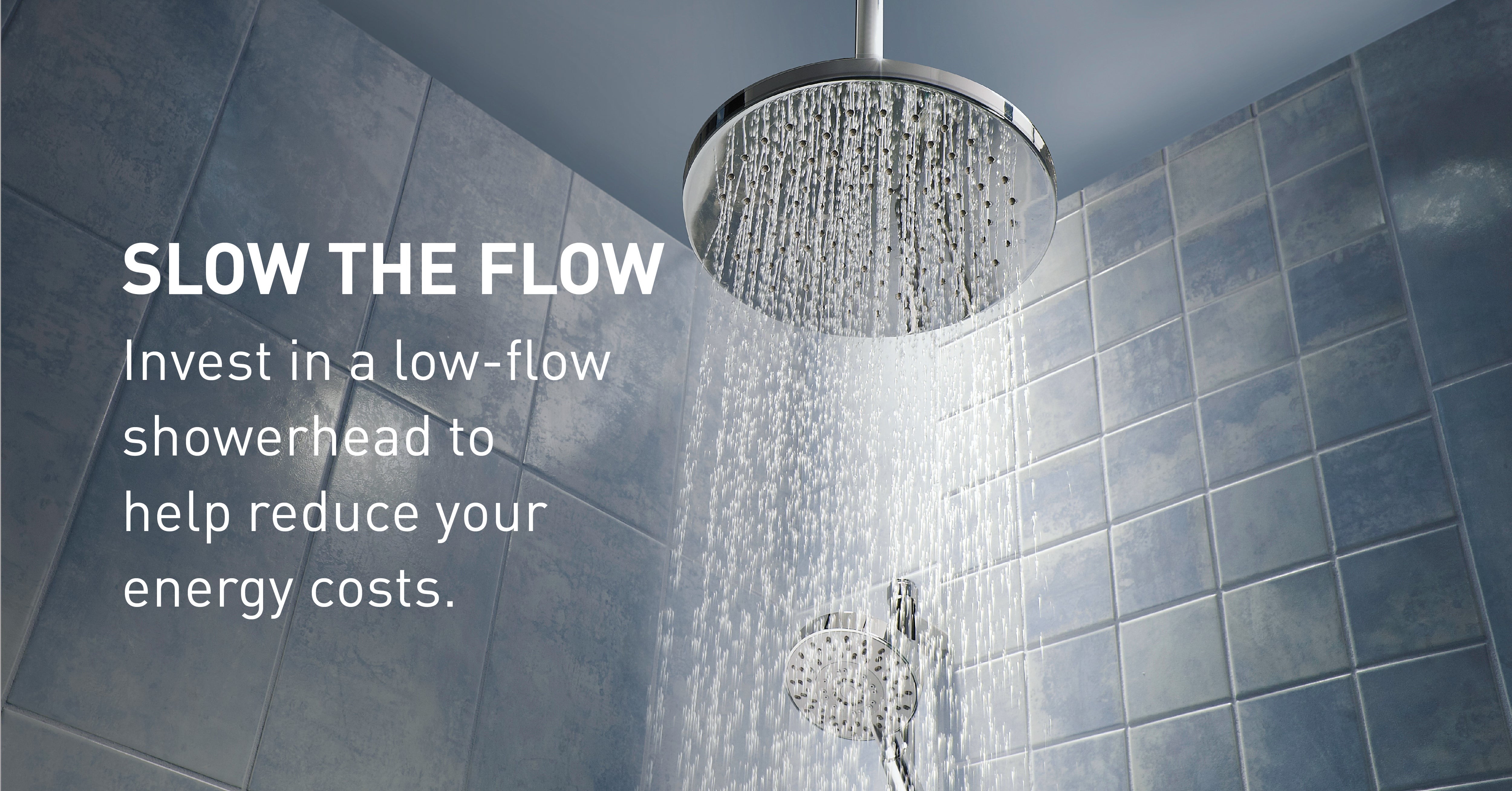
2. Your water heater is also a major energy user in your home. Water heaters heat water for cooking, bathing/showering, and washing clothes. You can reduce water heating costs (electric or gas) by investing in low-flow showerheads, use cold water for clothes washing, turn off the water while brushing your teeth or shaving, take quick showers and fewer baths and lower the water heaters thermostat setting.
An easy way to reduce water heating costs is to reduce the thermostat setting. A typical water heater thermostat is set at 145 degrees at the factory. You can reduce this to 120 degrees and reduce the risk of burns, save money, and still have water hot enough for your household needs. A key to the savings - your water heater runs not only to heat the water but to maintain that temperature while the water is in the tank. So, even when not using hot water the water heater will cycle on and off to maintain that temperature, and the higher the setpoint, the more energy it will consume to maintain the temperature.
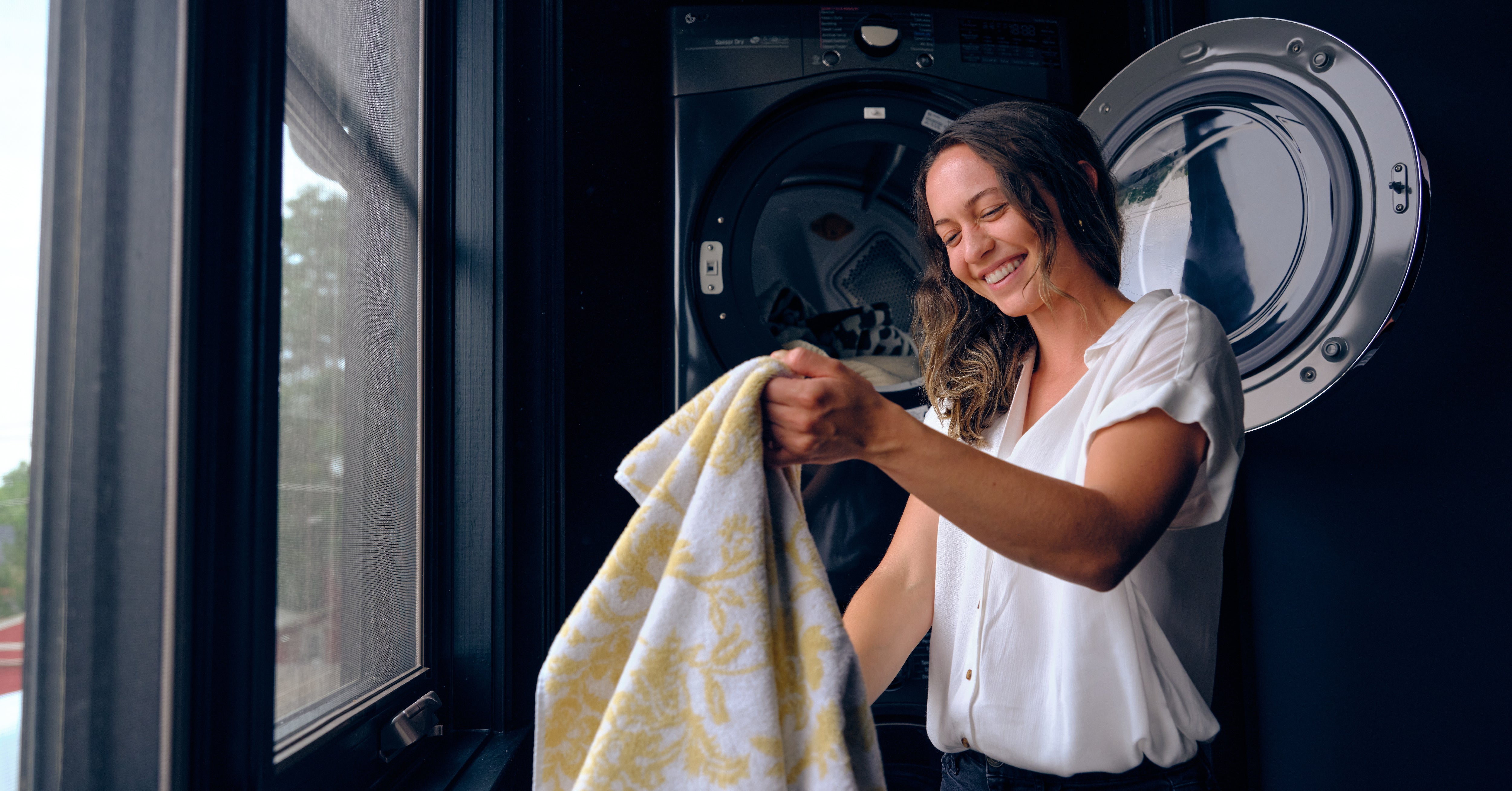
3. Your washer and dryer use 13% of the energy used in the typical home. At eight loads of laundry a week, the average family uses both the washing machine and the dryer for six hours each on average per week. Even with some of the more energy-efficient models, the combined cost of doing laundry can add up to more than $256 a year for electricity alone. Use cold water for washing as often as you can and opt for ENERGY STAR appliances. Hang your laundry outside to dry when weather permits.
4. Reduce costs with energy-efficient lighting in your home. Lighting comes in at number 4 for energy consumption at 12-14% of the typical monthly electric bill. Switching from incandescent to LED lighting throughout your home is one of the fastest ways to reduce your energy bills.
With energy-efficient lighting, you can light your home for less money. LED lighting saves an average household around $225 per year in energy costs. Choose ENERGY STAR-certified bulbs for the best quality and energy savings.
Consider using timers and dimmers to save electricity. Timers automatically turn off lights when not in use, and dimmers can lower light levels. Choose products that work with the energy-saving bulbs you want to use.
Using LEDs or CFLs for outdoor lighting that is left on for long periods of time can save a lot of energy. LEDs and CFLs are available as floodlights that can withstand rain and snow. Look for ENERGY STAR-qualified outdoor fixtures with features like automatic daylight shutoff and motion sensors for the best value.
--
About Tri-State
Tri-State is a power supply cooperative, operating on a not-for-profit basis, serving electric distribution cooperatives and public power district member-owners in four states. Together with our members, we deliver reliable, affordable and responsible power to more than a million electricity consumers across nearly 200,000 square miles of the West. Visit www.tristate.coop.
Blog Posts

Winter Comfort Tips: Transform Your Home into an Energy-Efficient Oasis
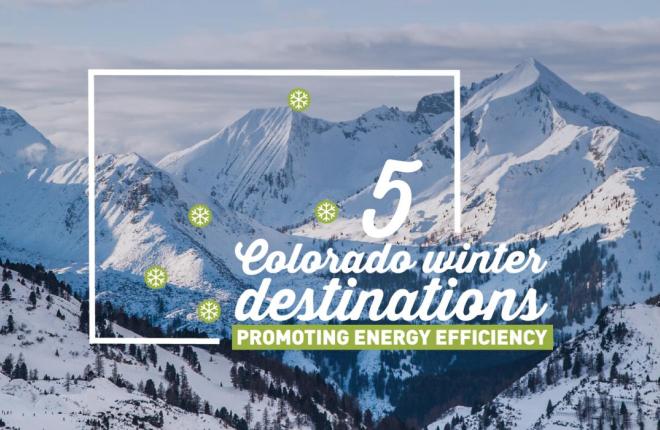
5 Winter Destinations in Colorado Promoting Energy Efficiency

Warm Weather Tools to Get Your Yard Summer Ready
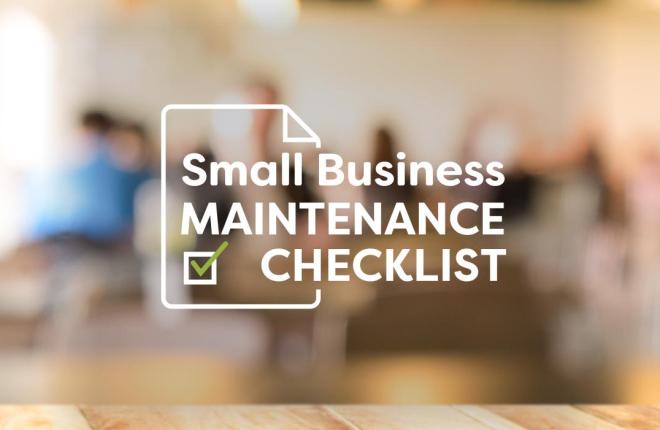
Energy Saving Maintenance Checklist for Small Businesses
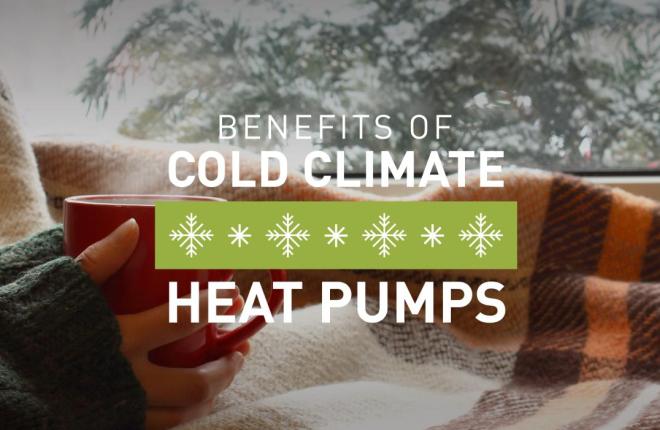
The Benefits of Heat Pumps in Cold Climates
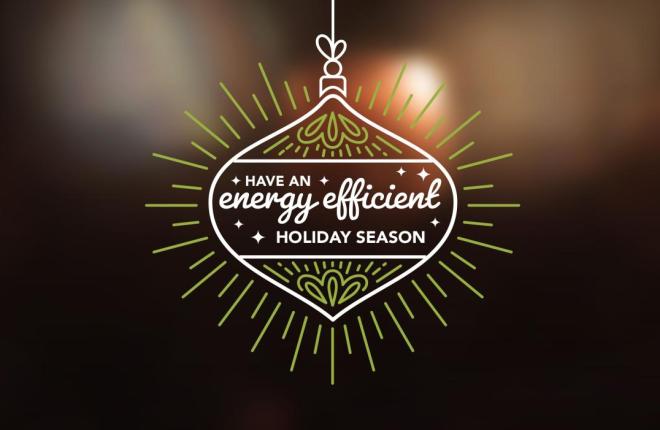
Have an Energy Efficient Holiday Season
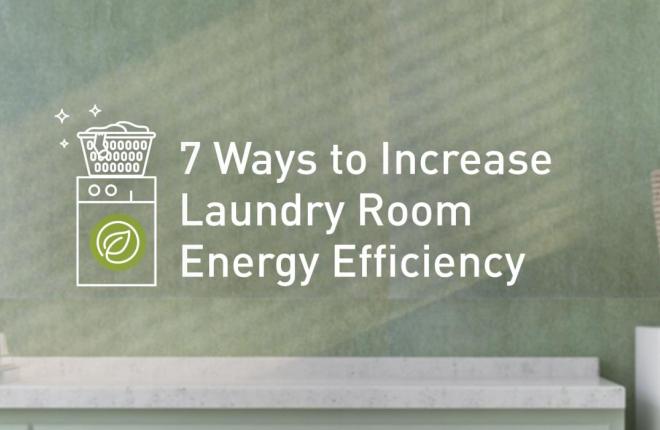
How to Create an Energy-Efficient Laundry Room
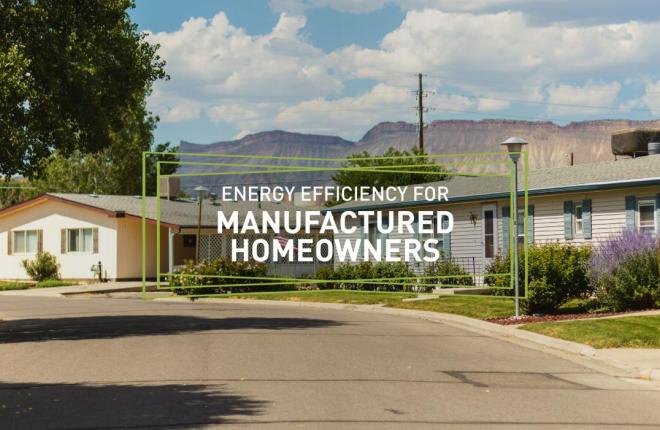
Energy Efficiency for Manufactured Homeowners


